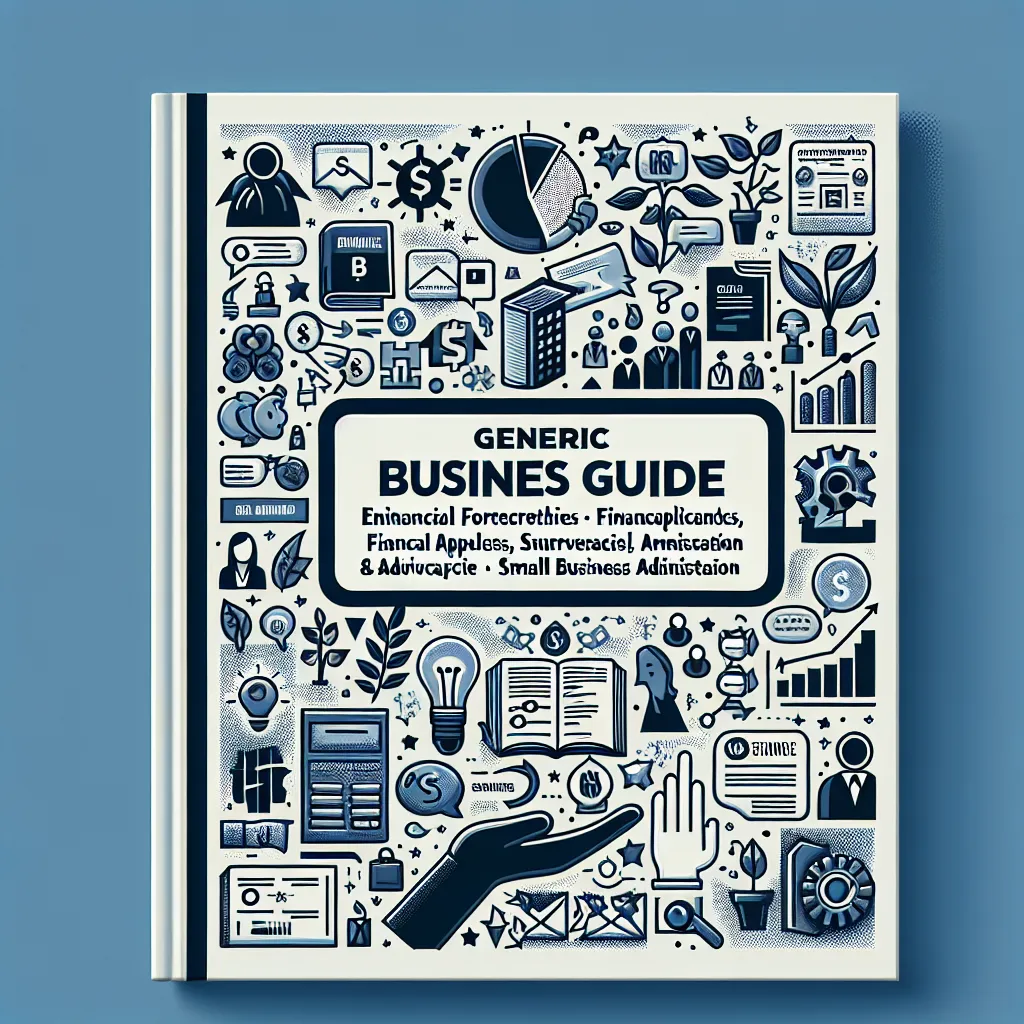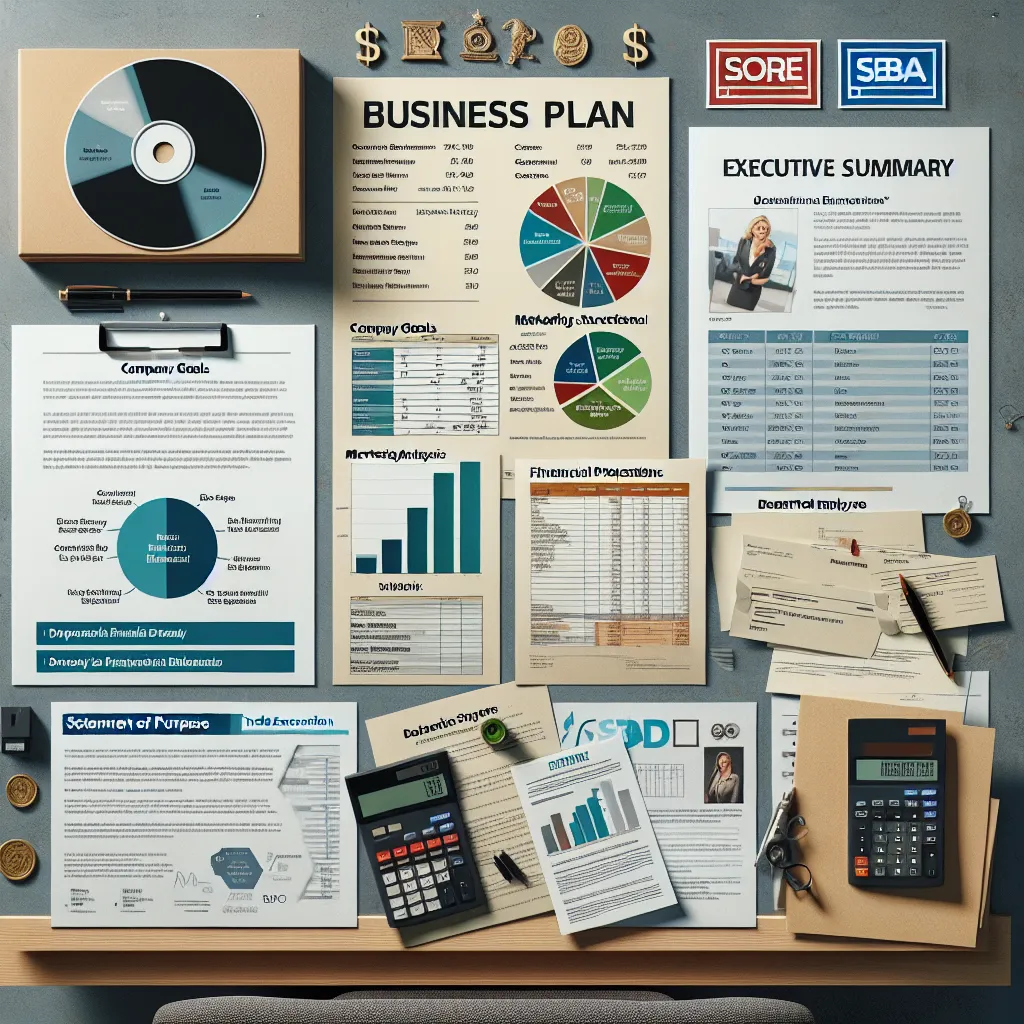Ask AI on The Internet
Creating a business plan for a liquor store involves several key components. Here’s a step-by-step guide to help you create a comprehensive business plan: ### 1. Executive Summary - **Business Name:** Choose a unique and memorable name for your liquor store. - **Location:** Identify the location where your store will be based. - **Business Objectives:** Outline your primary goals, such as revenue targets, market share, and long-term vision. - **Mission Statement:** Define the purpose and core values of your liquor store. ### 2. Market Analysis - **Industry Overview:** Provide an overview of the liquor industry, including trends and growth projections. - **Target Market:** Identify your target customers (age, preferences, spending habits) and demographics. - **Competitive Analysis:** List your main competitors and analyze their strengths and weaknesses. Discuss the market saturation and opportunities for differentiation. ### 3. Organization and Management - **Ownership Structure:** Describe the legal structure of your business (sole proprietorship, partnership, LLC, etc.). - **Management Team:** Introduce the key members of your team and their roles. Include bios and relevant experience. - **Staffing Plan:** Determine the number of employees needed and the roles they will fill. Identify hiring plans and training programs. ### 4. Product Line - **Inventory:** Detail the types of alcoholic beverages you plan to sell, including wine, beer, spirits, and specialty items. - **Suppliers:** Identify your sources for inventory and discuss any agreements or partnerships. - **Pricing Strategy:** Outline how you will price your products to be competitive while maintaining a profitable margin. ### 5. Marketing and Sales Strategy - **Branding:** Discuss your branding strategy, including logo, store design, and any planned promotional materials. - **Marketing Plan:** Explain your marketing tactics, such as social media, local advertising, promotions, and loyalty programs. - **Customer Engagement:** Describe how you plan to build and maintain customer relationships, including events, tastings, and community involvement. ### 6. Financial Projections - **Startup Costs:** List all initial expenses, such as permits, licenses, renovations, initial inventory, equipment, and marketing. - **Revenue Projections:** Forecast your sales for the first one to three years, based on market research and pricing strategies. - **Profit and Loss Statement:** Provide an income statement showing expected revenues, costs of goods sold, and operating expenses. - **Break-Even Analysis:** Determine when you expect the business to be profitable by comparing your fixed and variable costs with projected sales. - **Funding Requirements:** State how much money you need to start the business and how you plan to obtain it (loans, investors, personal savings, etc.). ### 7. Legal Considerations - **Licensing and Permits:** Detail the necessary licenses and permits required to legally sell alcohol in your area. - **Business Insurance:** Discuss the types of insurance needed, such as liability, property, and workers' compensation. - **Zoning Laws:** Ensure the location complies with local zoning laws and regulations. ### 8. Operational Plan - **Store Layout:** Describe the layout and design of the store to provide an excellent customer experience. - **Technology:** Identify any software or technology used for inventory management, sales tracking, and customer relationship management (CRM). - **Supplies and Equipment:** List all furniture, fixtures, and equipment needed for the store's operations. ### 9. Risk Analysis - **SWOT Analysis:** Conduct a SWOT analysis to identify your store’s strengths, weaknesses, opportunities, and threats. - **Contingency Plans:** Prepare plans for potential risks such as market changes, supplier issues, or unforeseen expenses. ### 10. Appendices - **Supporting Documents:** Include relevant documents such as resumes of the management team, lease agreements, supplier contracts, and letters of intent from potential partners or investors. ### Tips: - **Research Thoroughly:** Understand local laws regarding the sale of alcohol, competition, and market demand. - **Location is Key:** Choose a high-traffic location with ample parking and good visibility. - **Customer Service:** Exceptional service can differentiate you from competitors and build a loyal customer base. By addressing each of these components in detail, you'll have a well-rounded business plan that can serve as a blueprint for your liquor store's success and a persuasive tool for securing financing.
Think your answer is better than the AI's? Post it below.
Other Most Relevant Posts:
 1. Business Plan: A roadmap for a company's success.
2. Cover Letter: A compelling introduction for job applications.
3. Executive Summary: Key points without all the details.
4. Exit Survey: Fee
1. Business Plan: A roadmap for a company's success.
2. Cover Letter: A compelling introduction for job applications.
3. Executive Summary: Key points without all the details.
4. Exit Survey: Fee
 1. Business Plan: Detailed roadmap for achieving business goals.
2. Cover Letter: Introduction accompanying job application or proposal.
3. Executive Summary: Concise overview of larger document'
1. Business Plan: Detailed roadmap for achieving business goals.
2. Cover Letter: Introduction accompanying job application or proposal.
3. Executive Summary: Concise overview of larger document'
If you want your question answered by an AI, click here.





Post your own comment: